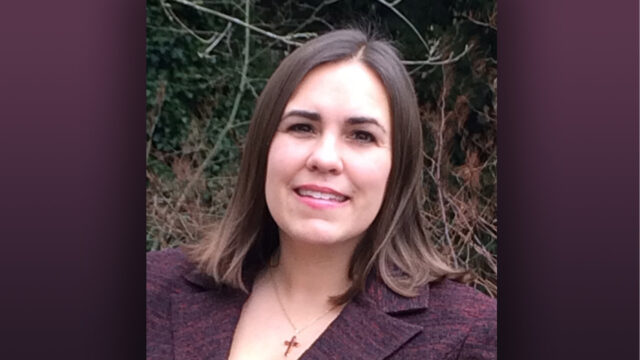Elder law attorney Andrea Lee from Legacy Estate Planning joins Suzanne to talk more about special needs trusts, comparing first party special needs trusts and third party special needs trusts.
Andrea provides an example of a third party special needs trust: “Let’s say I am a parent of a disabled child, and my disabled child does not have assets. Maybe they’re on Medicaid, maybe I support them, but they don’t have their own money. I might draft a will, and in my will give my two healthy kids their distribution outright, and then for my disabled child, I in my will might create a special needs trust, using my money for that disabled child because that money never belonged to that disabled child. It was my money and I’m putting it in a trust for that child. That would allow that child to continue accessing Medicaid, continue accessing long term care, continuing accessing Social Security without having to spend that money down.
“Now, that’s one use of the special needs trusts. But as an elder law attorney, we most frequently use them when we have a married couple, and sometimes we even use them when they’re both healthy, but we almost always use them if we have a married couple, and one spouse is incapacitated.
“My mom was diagnosed with dementia in 2014. My dad was very healthy. And when my mom was diagnosed, we faced the reality that, as long as my dad was alive, as an elder law attorney, I could use my resources and my knowledge and my skills to help preserve most of my parents money. And I could do that by making sure my parents have a valid estate plan, transferring assets to my dad, moving some things around, maybe just creating a great plan to preserve assets.
“But even though my mom was the one with dementia, there was the possibility that my dad could die first. I mean, he could have a stroke. He could be in a car accident. So when we have a married couple, what we frequently will do is we will impoverish the incapacitated spouse, enrich the healthy spouse, and then in that healthy spouse’s will, we would create a special needs trust. So in my parents’ situation, if my dad happened to have died first, the house that he lived in would go into that trust. The retired accounts would go into that trust, their families would go into that trust so that my mom could receive long-term-care benefits, and all that money could be preserved and help supplement what Medicaid does not cover. So that’s a type of special needs trust that can be used by married couples to ensure they never have to spend all of their money down in order to qualify or to keep a spouse on Medicaid benefits for, among other Social Security type of benefits.”
Learn more:
Check out our affiliate podcast Alzheimer’s Speaks















